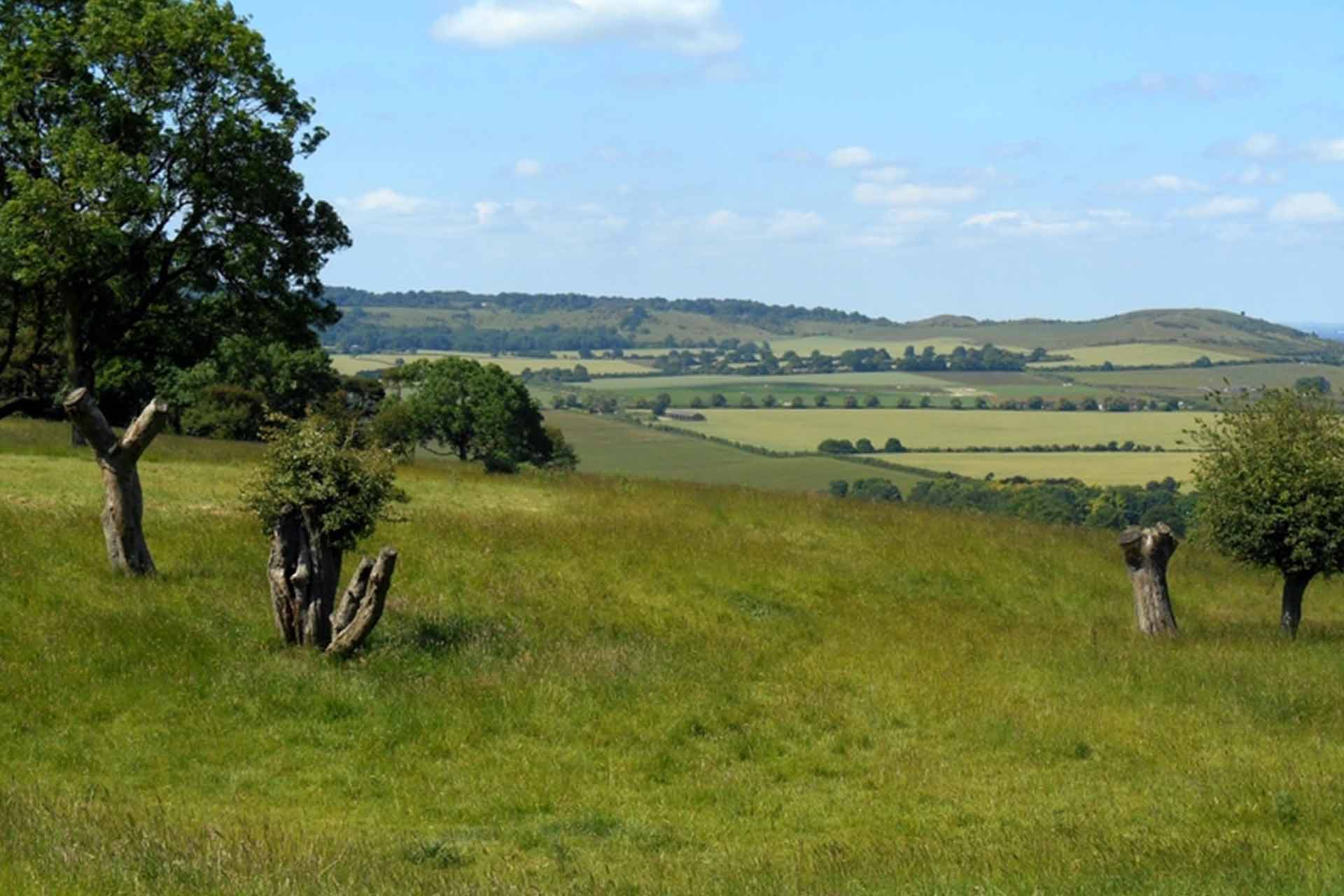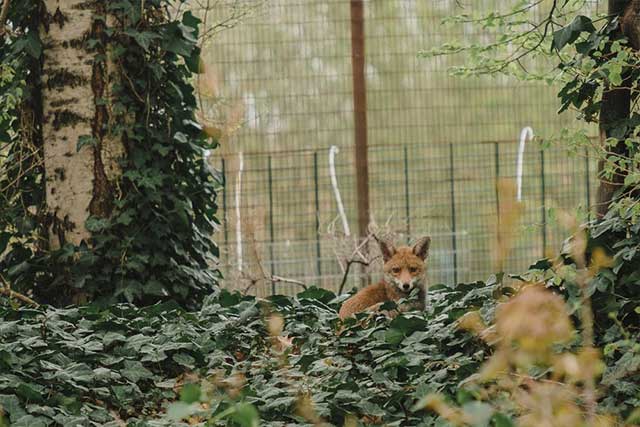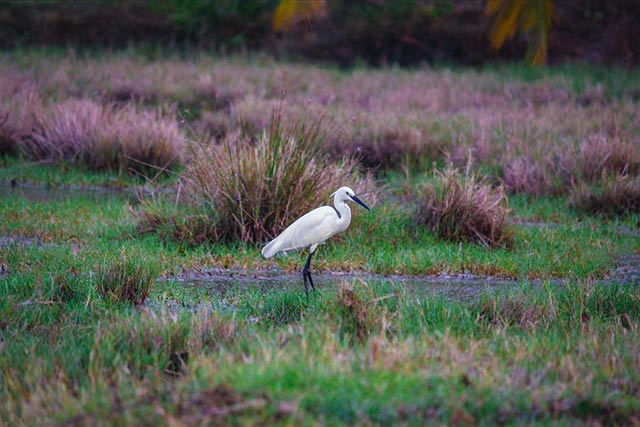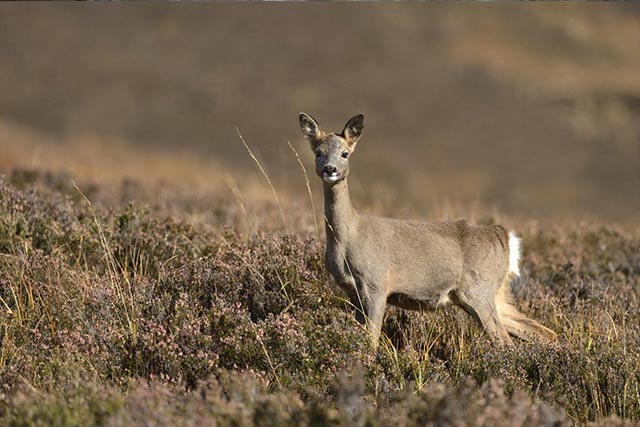
A lot of our natural landscapes are in pretty poor shape. The UK especially is one of the most nature-depleted countries out there, with only half the natural biodiversity it had before the industrial revolution. This isn’t good news for so-called ‘ecosystem services’ - the ways the natural world benefits society, covering everything from flood protection to food production to simply making us feel good about life.
Thankfully, there is hope - in the form of a tantalising form of conservation known as rewilding. As the name suggests, this process involves taking depleted landscapes and restoring them to something akin to their former glory. Often, this isn’t as intensive as it sounds - once the pressures keeping a landscape depleted are removed, often they’ll bounce back all by themselves.

Rewilding comes in lots of shapes and sizes, and the UK already has some great examples taking place. The Great Fen Project in Cambridgeshire is one of the largest restoration projects in Europe, and has a grand vision: to restore a vast mosaic of largely agricultural land back to fenland wilderness.
Before the 17th century, much of East Anglia consisted of shallow lakes, reedbeds, and waterways, teeming with waterfowl and fish. Then, the fens were drained to provide the richest agricultural land in Britain - a no-brainer at the time. Since then, the peat has massively depleted as it has dried out and undergone yearly tilling.
Now, by buying up the farmland and flooding certain areas, the fens are returning. As well as providing a haven for wildlife-lovers - the common crane, a bird rare to the UK, has been spotted with increasing frequency - the restored fens also act as an effective carbon capture, reversing the decades of damage from intense agriculture.

Though the Great Fen Project is a pioneering effort, there is another aspect of rewilding that far more often captures the spotlight: the reintroduction of predators. The UK used to be home to wolves, bears and lynx, and their removal has played havoc with our ecosystems. Deer populations have exploded and many have to be regularly culled, for instance. Predators are often ‘keystone species’, which means they fulfil an important and irreplaceable role in the ecosystem - just look at the compelling case of the return of wolves to Yellowstone. But could these species ever return to the UK?
Our landscape has changed a lot since big predators were last around. Our areas of wilderness are few and far between, which is problematic for species who can roam hundreds of miles. There are also worries about what the return of predators would mean for people and their livelihoods, especially farmers. However, much of mainland Europe provides an optimistic template, as reintroductions have indicated the possibility of peaceful coexistence of people and predators.
A New Wilderness

But what does rewilding mean for your average adventurer? For one, it would certainly make the UK a lot more adventurous. A trek through the Scottish Highlands would certainly be more exciting if there was the possibility of spotting a wolf or a bear. Similarly, a hike across East Anglia is transforming from tramping along bleak field margins to trekking through diverse and wildlife-rich habitats, with far more to see and experience.
Would adventuring become more dangerous, though, if there are wild predators about? The answer is only very slightly - and risks are basically zero if sensible precautions are taken. Wolves, for instance, invariably tend to steer clear of people. Most adventurous destinations around the world - from the Appalachians to the Alps - have predators as part of the landscape, and attacks are exceedingly rare. Plus, every good adventure has a tiny element of peril, right?
A return to nature makes the world a more interesting and exciting place, so we are all for it. It will be a bit of a culture shock, however - the UK is now used to a depleted landscape, so shifting back to an environment of the past will spell big changes. But as long as rewilding efforts are managed responsibly, we could see the UK’s wild places flourish again within our lifetimes. That sounds like something to look forward to.